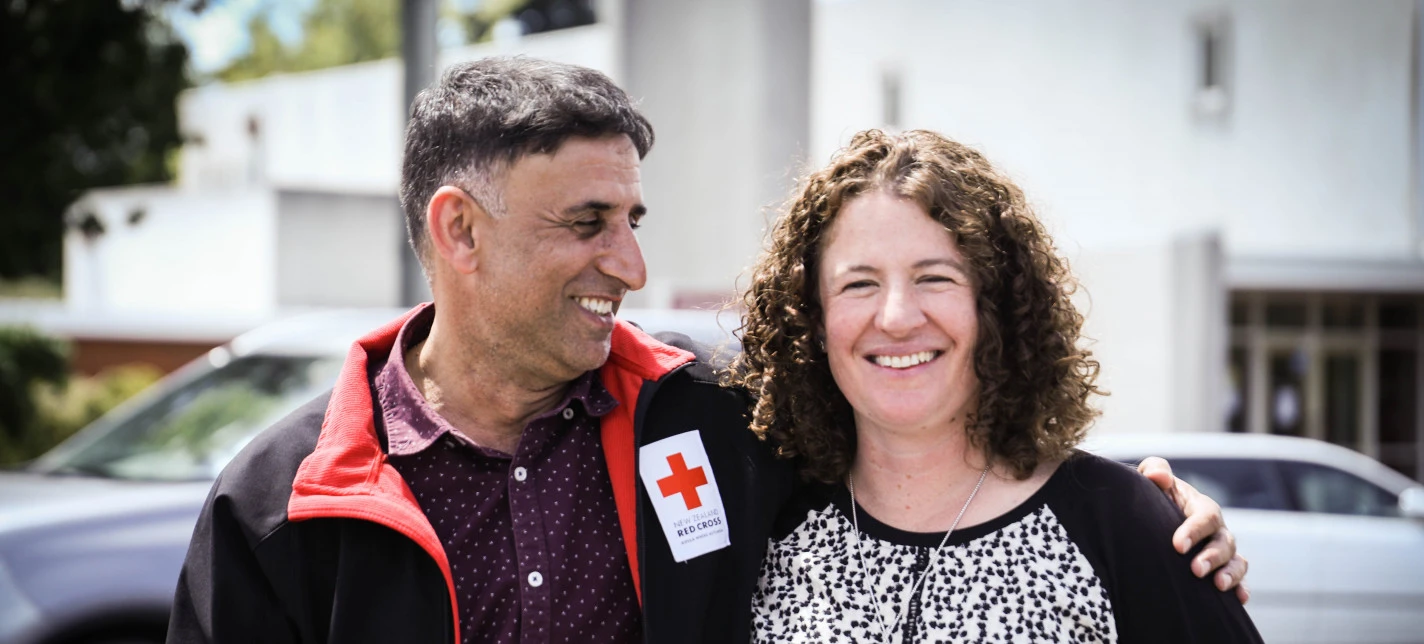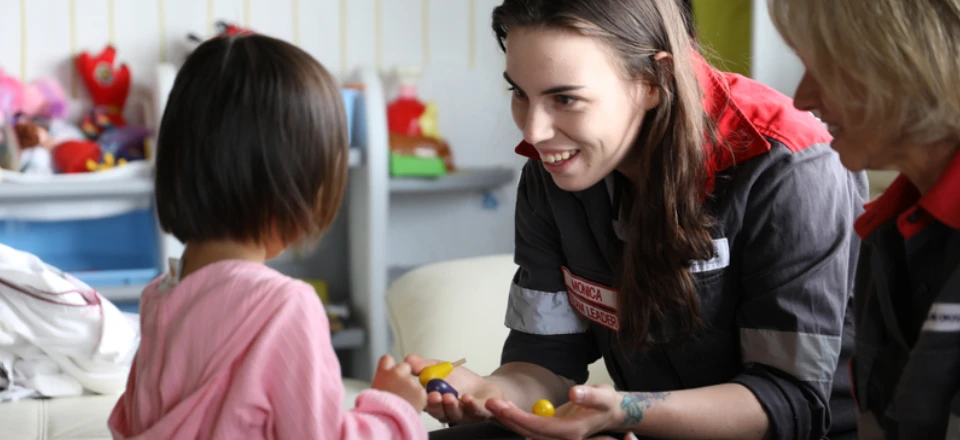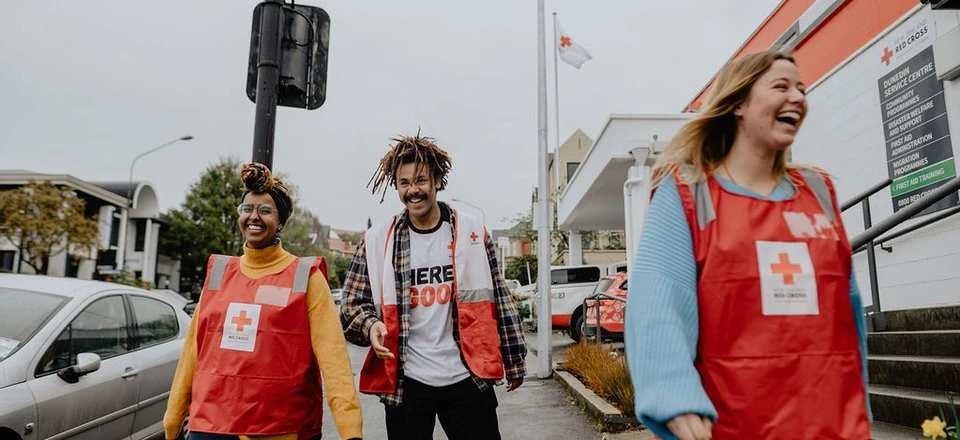Our strategy


We’re guided by our strategic plan – Strategy 2030, which is refocusing our work on what we’re best at. Find out about our strategic direction including our plans for a fresh approach to youth engagement and volunteering.
Strategy 2030
Our mission is to improve the lives of vulnerable people by mobilising the power of humanity and enhancing community resilience.
We’re working to achieve our mission through Strategy 2030. We’ll focus on what we’re best at, where we can have the greatest impact and where we have unique skills and contributions.
Realising 2030
Following the development of Strategy 2030, we developed a plan to make it happen, called the Realising 2030 change programme.
During 2022, wide consultation with Red Cross people was held on Realising 2030 proposal. The decisions that emerged from this consultation are now reshaping New Zealand Red Cross to be more sustainable for the future, to put our people at the heart of what we do, and to make an even stronger impact in our communities.
New area model
One of the first visible changes through Realising 2030 was a new area model that came into place on 1 July 2023. This reduced the number of Red Cross Areas from 16 to seven.
View a list of the new area councils and their members
We will use this page to keep you up to date with other changes and developments as they happen along the way to Strategy 2030.
“Our people remain our greatest strength. Whether you are a teenager learning what it means to be a young humanitarian, or an older person who has contributed to your local New Zealand Red Cross branch activities for years – you are valued and needed.”
Sarah Stuart-Black (Secretary General)

Engaging our young people
Rangatahi, or young people*, are vital to our humanitarian work and key to our future success. The New Zealand Red Cross Youth Engagement Strategy sets a clear direction for how we will engage with rangatahi. We’re committed to being more responsive and inclusive in our approach to volunteering and humanitarian advocacy, and to creating meaningful partnerships with rangatahi in Aotearoa.
The Youth Engagement Strategy is part of realising the vision of Strategy 2030 and builds on the International Federation of Red Cross Strategy’s goals for engaging with rangatahi.
*In the global Red Cross Red Crescent Movement, a young person is anyone under the age of 30.
Our vision – Te pae tawhiti mō te tuitui rangatahi
We’ll be working to develop genuine partnerships with young humanitarians from diverse backgrounds. We recognise rangatahi are a key voice and essential to the success of our humanitarian work. Our vision is to ensure rangatahi are heard and their hopes and ideas are part of shaping our future. We want to see rangatahi build deep connections and a strong community, so they are well-supported as humanitarian leaders.
Summary of the Youth Engagement Strategy (PDF, 748KB)
New Zealand Red Cross Youth Engagement Strategy (PDF, 11MB)
Youth Engagement Strategy Research Report – December 2020 (PDF, 21MB)

Climate change
As a humanitarian organisation, we’re responding to the increasingly devastating consequences of climate change. At New Zealand Red Cross we’re working to help people adapt to the impacts of climate change and acting to reduce our own emissions.
